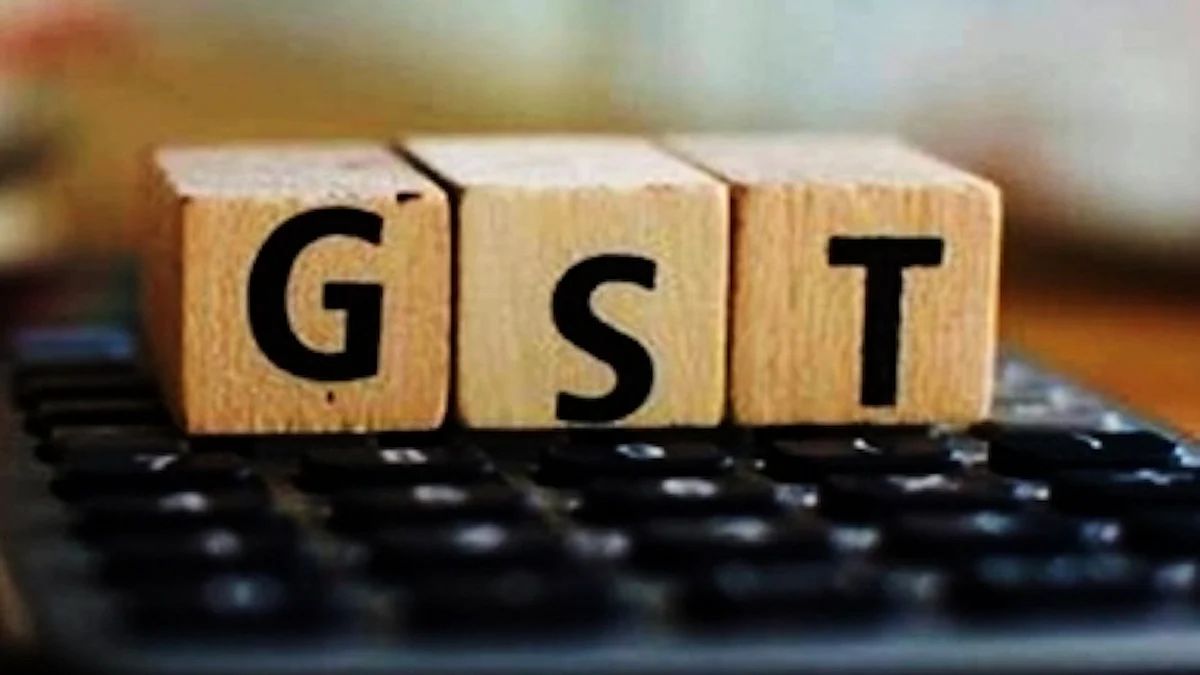FPIs unhappy with 18% GST levied on regulatory services; set to approach SEBI for relief
Foreign Portfolio Investors are uncomfortable with 18% GST rendered on regulatory services, fearing it could result in a tax on export of services, which is currently treated as a zero-rated supply

Foreign Portfolio Investors (FPI) are uncomfortable with the 18% GST rendered on regulatory services, fearing it could result in a tax on the export of services, which is currently treated as a zero-rated supply.
FPIs have argued that GST being a local tax, it cannot be rendered on services offered to overseas entities.
The government recently brought in changes that resulted in an 18% GST being levied on the regulatory service fee being charged by the Securities and Exchange Board of India (SEBI). The changes, in effect, saw the withdrawal of the tax exemption granted to the regulator, following the recommendation of the GST Council in its last meeting.
FPIs have been a part of India’s equity market for over 20 years and their net-buying actions are what cause the broader market rallies. However, when FPIs turned into net-sellers, like in June, the stock prices fell. At the time, FPIs had cited global and domestic macroeconomic and fundamental concerns and turned net sellers with outflows of $6.44 billion.
Overseas investors have net sold shares worth $33.6 billion cumulatively over nine consecutive months from October 2021. This continuous outflow has been attributed by market experts to a combination of reasons ranging from tightening monetary policy by central bankers globally to high valuations.
The result of the FPI’s latest worry is the levy of 18% GST on all regulatory service charges including registration and filing fees. “As a result, custodians are expected to be taxed on FPI registration and other fees on behalf of overseas investors,” a custodian said.
FPIs, in their argument before the regulator SEBI, plan to argue that GST rules state that the export of goods and services are to be relieved of any rate of levy on either the input or final product stage.
“FPIs have no mechanism for output tax liability and won’t be able to claim credit for this levy. As such, any levy of GST will mean an additional cost to them,” an asset manager said.
As per SEBI norms, the present FPI registration fee is $ 3000 for category I and $ 300 for Category II.
Category I includes government and government-related investors such as central banks, governmental agencies, sovereign wealth funds, and international or multilateral organisations or agencies. Category II is made up of regulated broad-based funds such as mutual funds, investment trusts, insurance, or reinsurance companies. It also includes regulated banks, asset management companies, portfolio managers, investment advisors, and managers.
Follow us on: Facebook, Twitter, Google News, Instagram
Join our official telegram channel (@nationalherald) and stay updated with the latest headlines